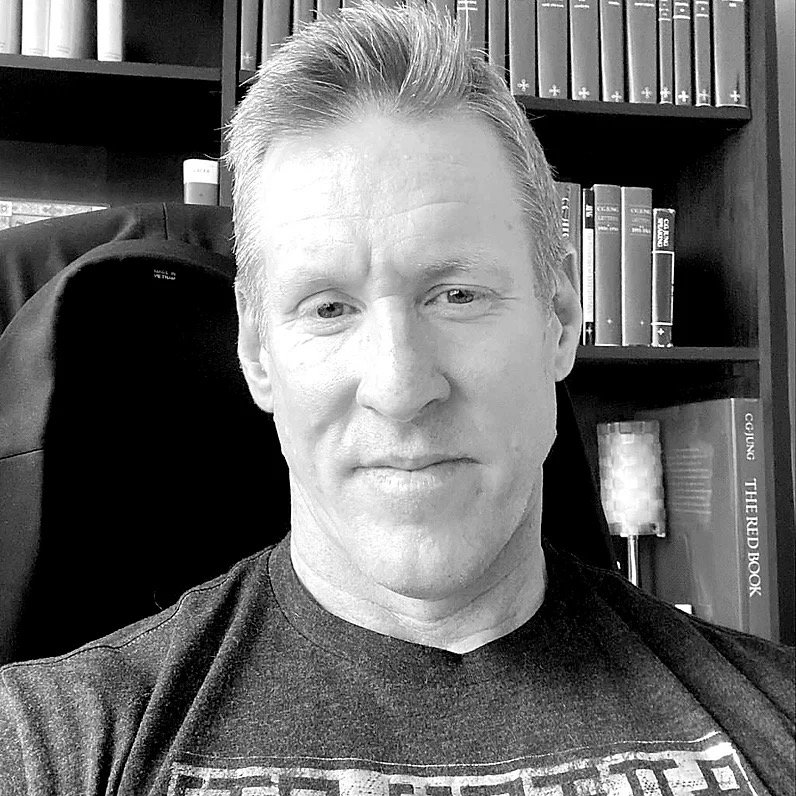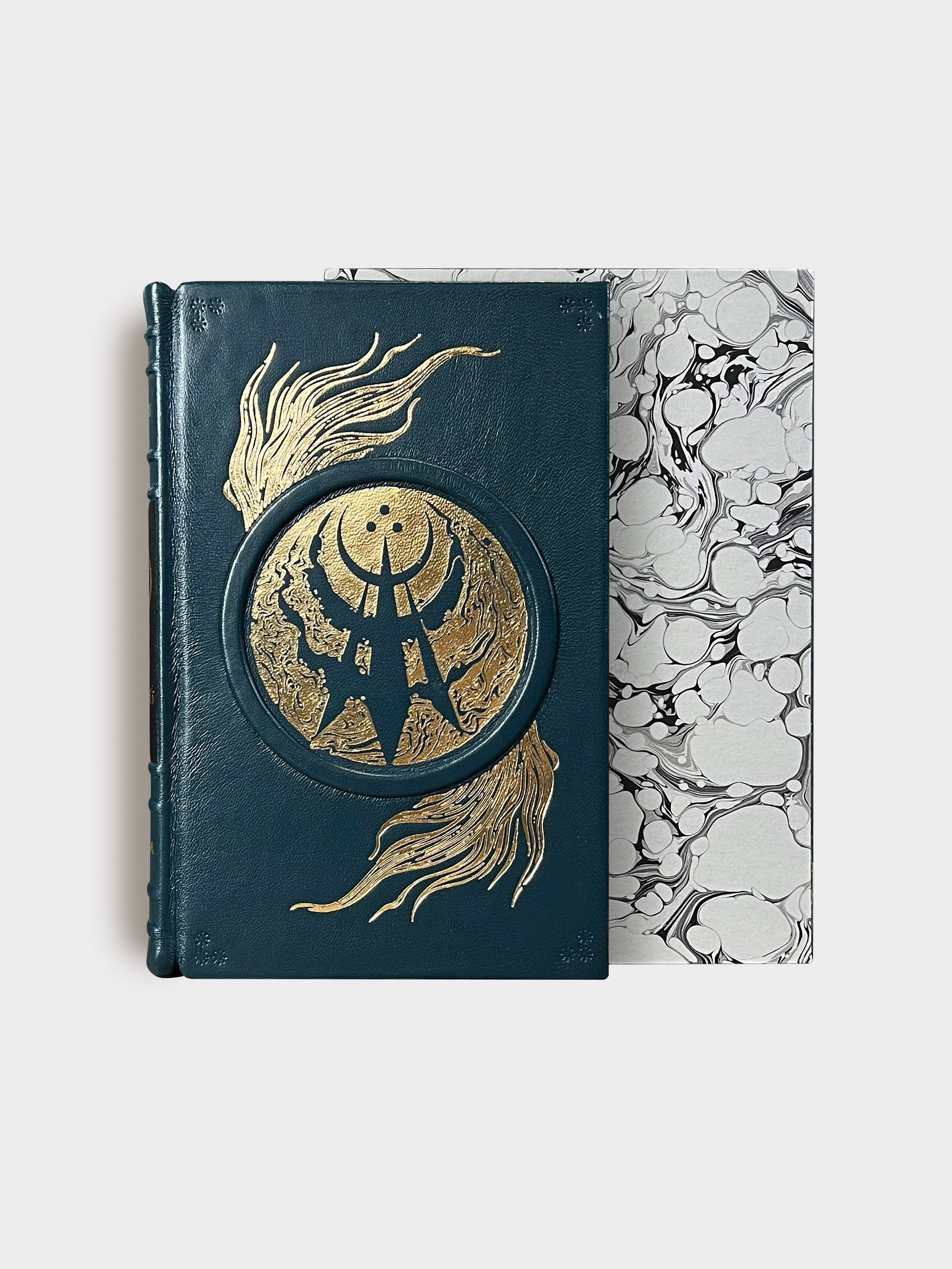IAN C. EDWARDS (PhD)
Clinical Psychologist, Occult Author, and Adjunct Professor of Psychology and Philosophy
Dr. Edwards is a licensed psychologist and the author of “Being and Non-Being in Occult Experience Volume I: The Book of the Law” and “Being and Non-Being in Occult Experience Volume II: The Chiasmata of Austin Osman Spare” both published by Atramentous Press. He is also the author of “The Divine Hearth and Radical Hospitality” which appeared in PILLARS: A Wayfarer’s Heart (Vol. 2, Issue 3).
Dr. Edwards is also the Assistant Vice President of Student Wellbeing at Duquesne University. He describes his approach as “dialectical non-dualism”, where he infuses the act of writing with method and content, through a spiritual phenomenology that attempts to inscribe the sacred as a self-referential embrace that reconciles the psycho-spiritual spaces in which dualities and oppositions such as being and non-being, good and evil, self and other, are made manifest. Dr. Edwards reads occult texts using a method that combines grammatology with a participatory epistemology that explores and describes ontologies of deific forms.

FIND Dr. EDWARDS
Imagine a man who influenced the likes of Alan Watts, was a friend of Krishnamurti, whose work was lauded by Henry Miller, and had the audacity to challenge the great psychiatrist, C.G. Jung, during one of Jung’s own seminars. Also imagine that this very same man who authored thirteen books and countless articles on the relationship between psychology, psychotherapy, philosophy, spiritual practice, and Druidry was left out of the history books, and pushed to the margins of obscurity. Who was this man? This man was the early 20th-century British psychologist and Druid, E. Graham Howe.
Howe was a master psychologist but even more so a Druid, whom he described as being, “masters of the art of living.” He was a Druid in psychologist’s clothing, a psychologist who used psychology and psychotherapy to convey his secret Druidic doctrine. Like C.G. Jung’s Gnostically influenced Liber Novus (The Red Book), which was the secret foundation for all of his psychological writings, Howe’s Druidry was the secret foundation for his own writings. Howe’s Druidry had one primary aim, which was to heal psychological suffering. Whether he was referencing psychology, philosophy, or spirituality, Howe pointed to the art of healing in them all.
E. Graham Howe was one of the first psychologists to integrate spiritual practice with psychotherapy. Because he did so during a time when psychoanalysis was being established as a dogma, Howe was marginalized and even anathematized by the various psychoanalytic schools. This book will situate Howe within the history of psychoanalysis, showing his work in relation to Sigmund Freud, C.G. Jung, and Alfred Adler just to name a few. It will also provide a summary and reading of his metaphysical psychology, illustrating his views on depression, love, time, war, self-knowledge, psychotherapy as a way of being, and more. The book will also present some Druidic foundations of Howe’ psychology, in the spirit of the 18th – 19th century Welsh poet, Iolo Morganwg, whose own Druidry, like Howe’s, was inspired, emphasizing more of the Druidic soul rather than blind allegiance to any tradition or belief system.
PUBLISHED WORK
A Druid in Psychologist’s Clothing




